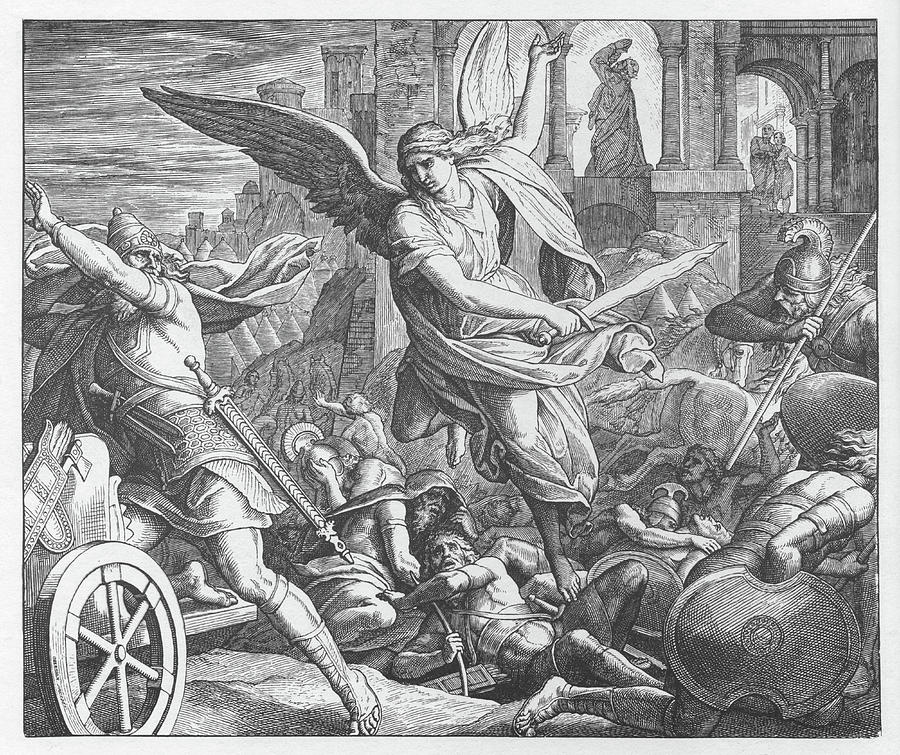Calling Upon the Lord
Fr. Hugh Gillespie, SMM
Calling Upon the Lord
This audio starts with Kings 2, and then moves into the Homily. The Homily’s focus is largely on this reading, so the Gospel for this day is not included within this audio set.
The first reading is based in what we now know as Northern Iraq. The empire had conquered the surrounding states. Often, the local culture was near extermination as the result of the battles.
We hear in the homily the Assyrian army entered into Northern Israel, conquered it, and deported its people. Other people then settled into the lands of Northern Israel. The lost tribes of Israel expression comes from these actions. These lost tribes basically disappear from history.
The army, which no kingdom or land has been able to resist, has now set its eye on the smaller kingdom of Israel; the kingdom of Judea. A kingdom that consists of just one of the original twelve tribes of Israel.
The army sets its sights on this kingdom so as to take over all of its neighboring states. The army arrives outside the gates of Jerusalem. There is no military power in Judea that is capable of resisting the would-be conquering army at its gates.
Judea, in the eyes of the world at the time, was a small . . . rather unimportant kingdom. Its territories weren’t great. It was weak in terms of worldly power. It was not wealthy or mighty.

Prayer of Hezekiah, 2 Kings: German Painter: Julius Schnorr von Carolsfeld: 1852
Return to Meditation for the Week
Making the Lord . . .
The would be conquering (Assyrian) army, confident in its strength and invincibility, sends a letter to the Judea king (King Hezekiah) . . . stating the obvious. Israel does not have the military power to defend itself. They army mocks Judea. They invite Judea to call upon its God, since no other nation was able to defend itself. No other nation was able to resist this conquering army, including Northern Israel which worships your God.
While all of this is interesting, why does the Church include this into its readings? Think of those times in your life when you find it difficult to overcome a reality or situation. You may be surrounded by everything that is going wrong. Examples are given in the homily. That is the reality this scripture unveils. We may have experienced a sense of doubt when our prayers are not immediately answered. Note how the letter to the king of Judea has these similar elements.
. . . the Ruler of Our Heart
This could have very well been a frightening moment for Judea. The king calls out to God. He does not surrender to fear. He does not negotiate terms for peace. Rather, he cries out to God in prayer on his knees. The king of Judea will not let this opposing army be the ruler over his (Judea’s king) heart.
The prophet arrives in Judea and announces the prayer has been heard. Hear more in this homily about calling upon the Lord.
We hear about many miracles in the bible. This story is not given as much attention. It is a remarkable story in that the Lord intervenes for His people . . . and saves them. The Lord answers their prayer. Why? Our Lord made a promise to David. Seven Hundred and fifty years or so later, a special event will occur. The Lord saves His people because a greater moment will occur.
Hear more within this Meditation Media and what it means for our own Spiritual Journey.
Calling Upon the Lord


